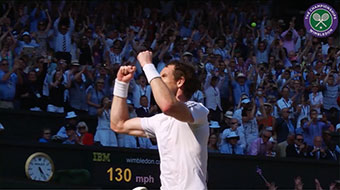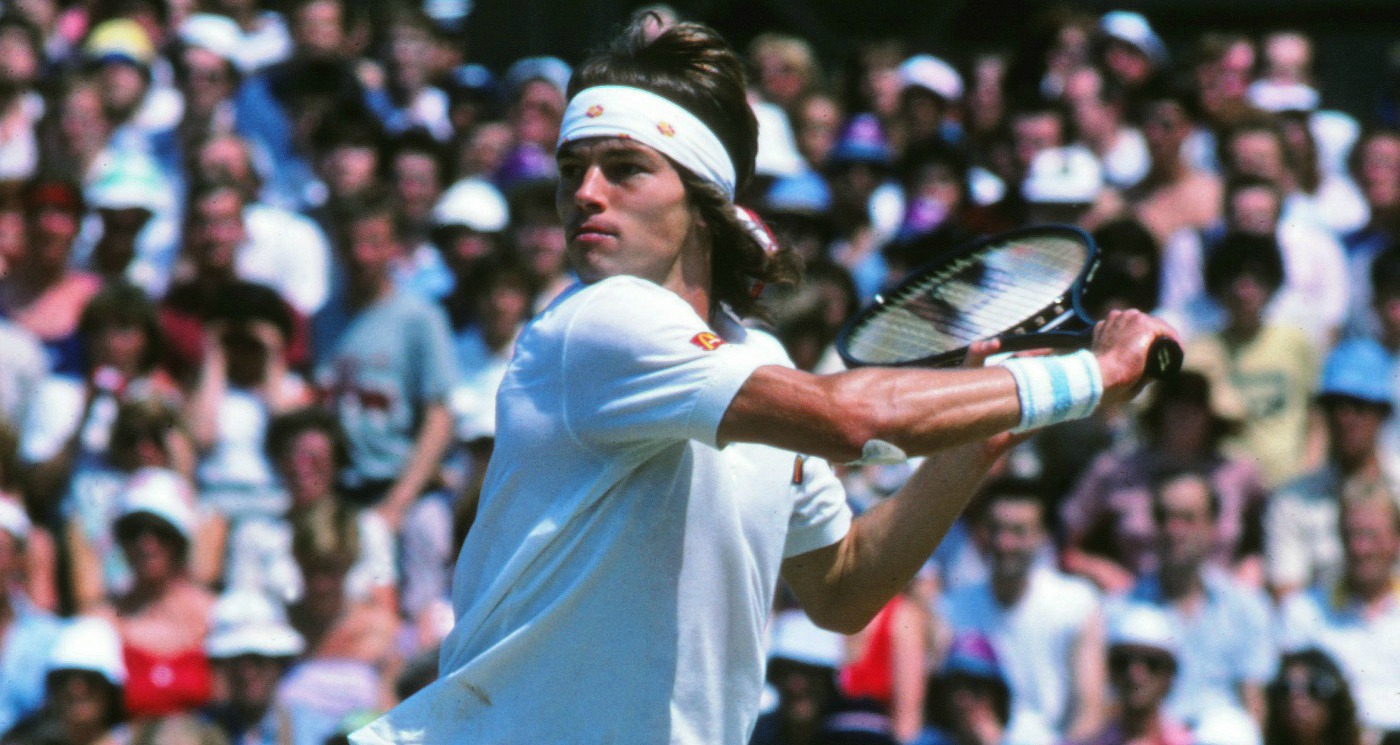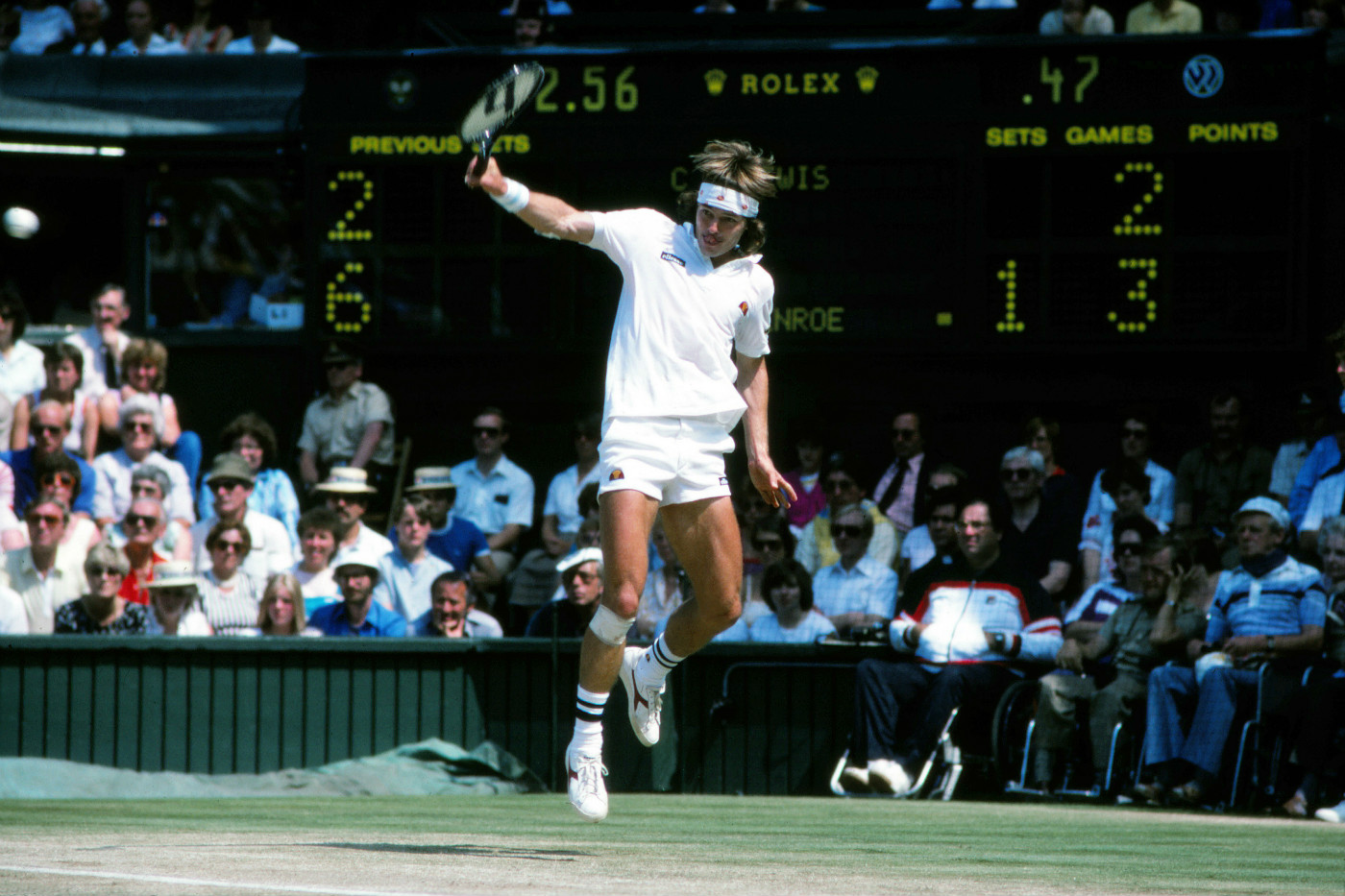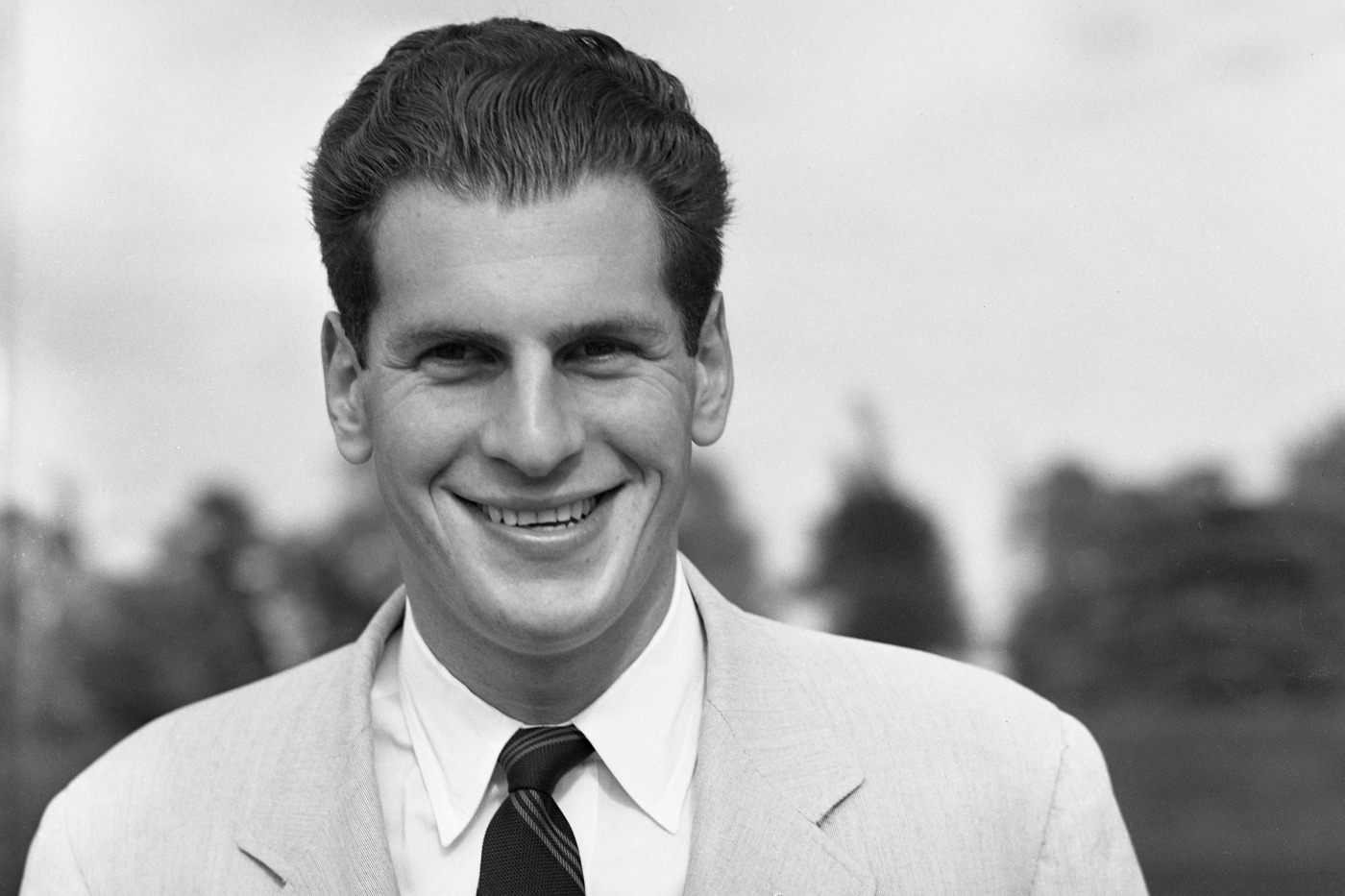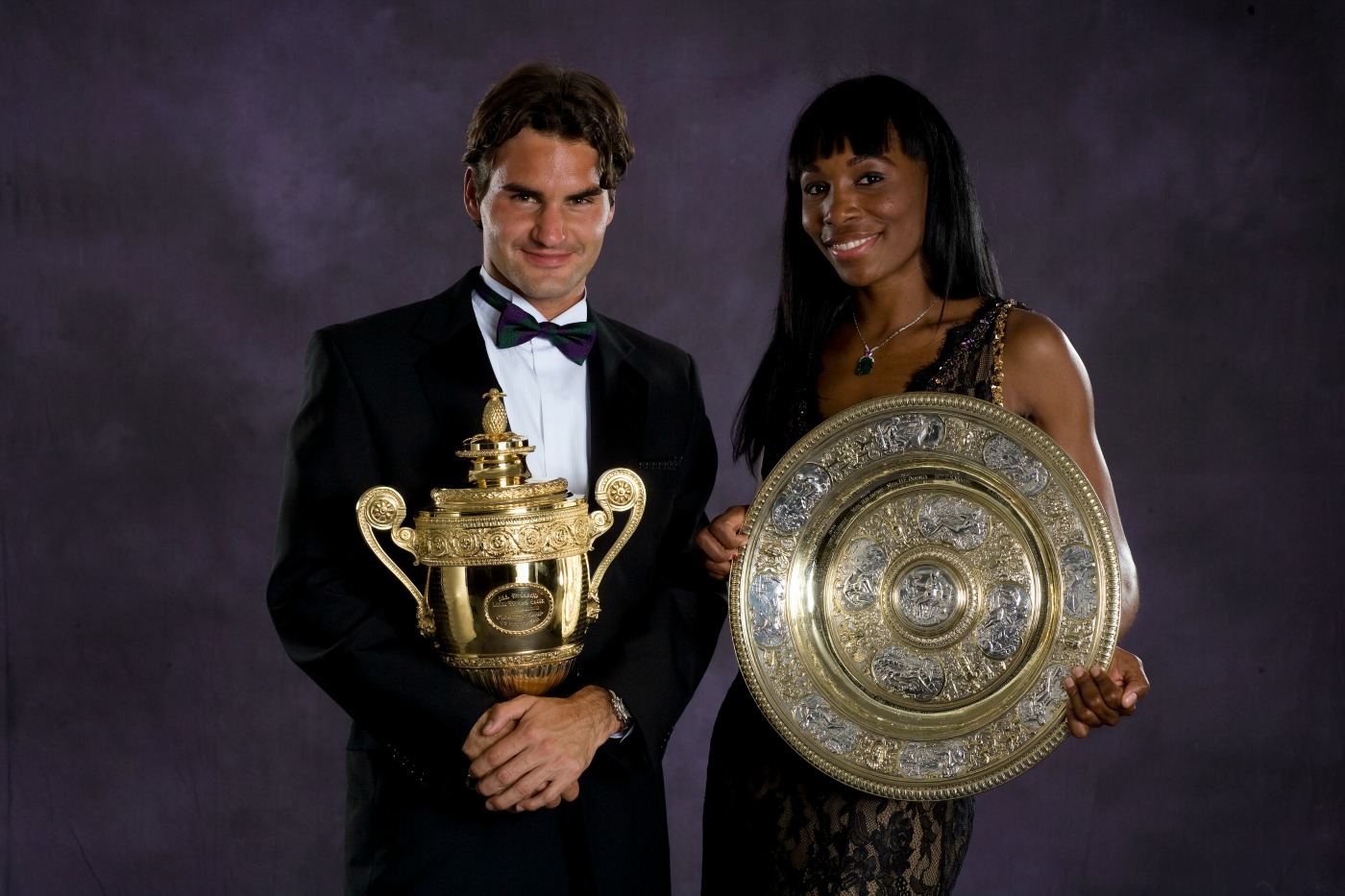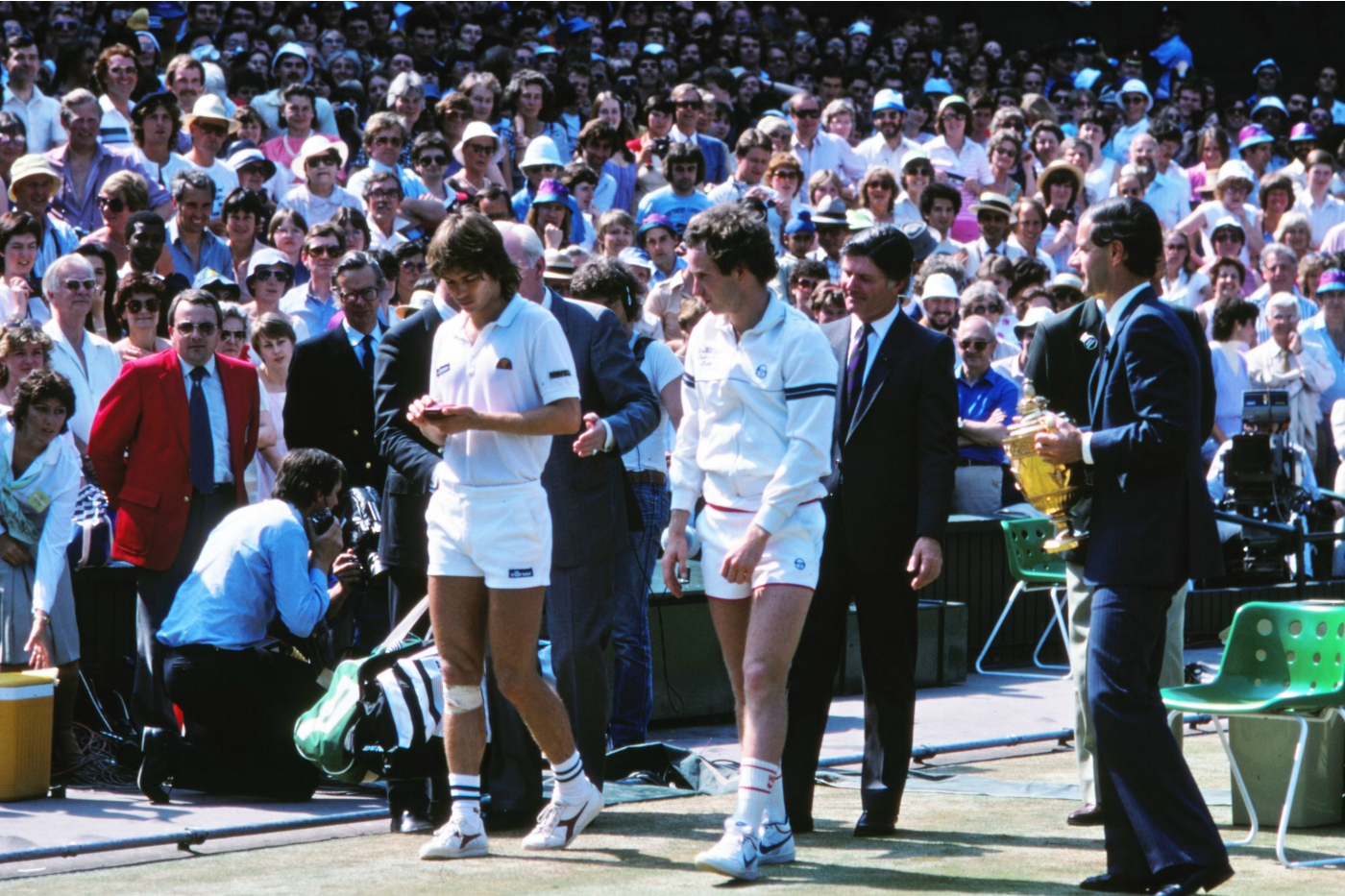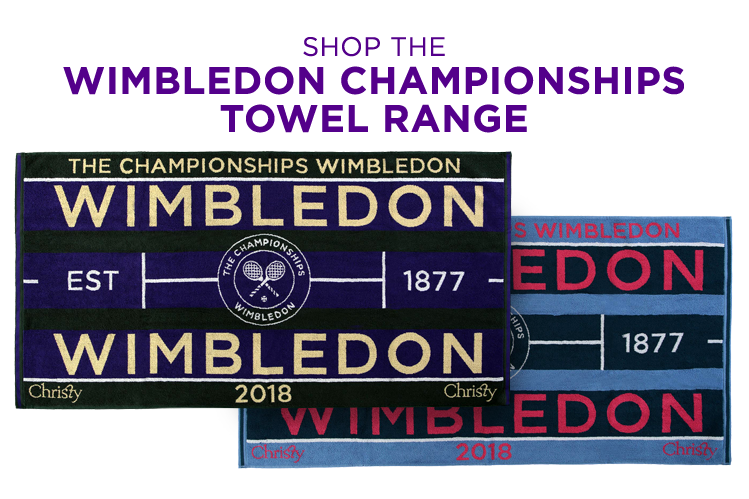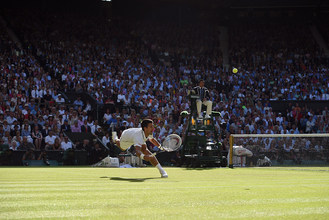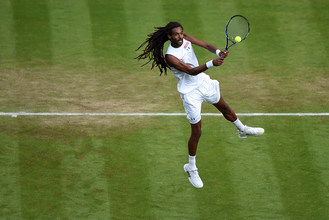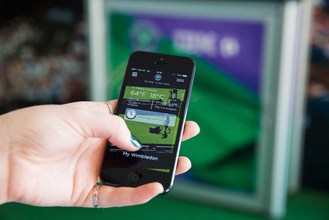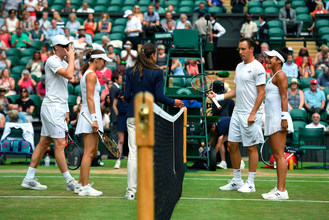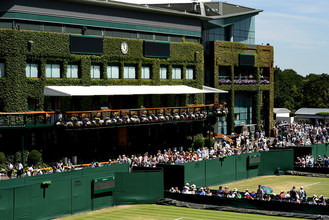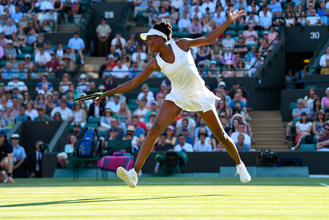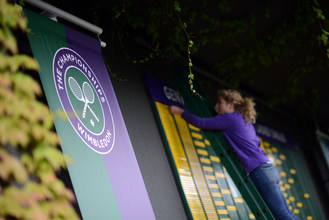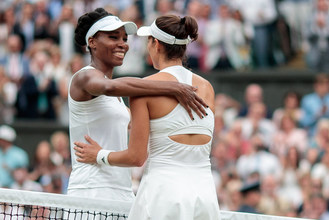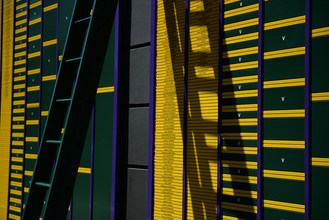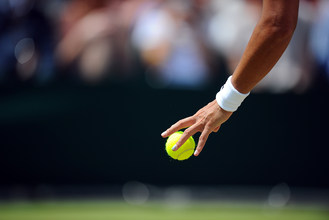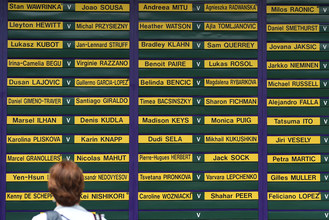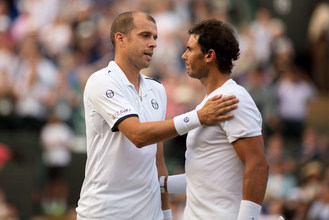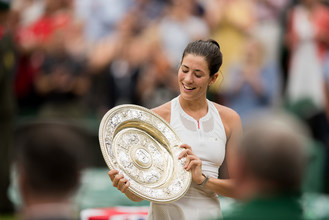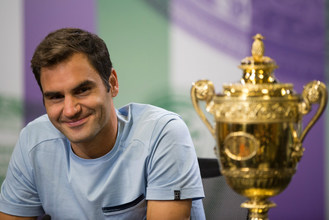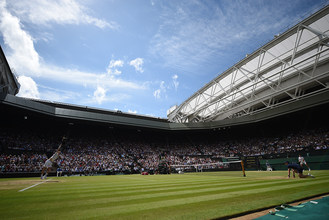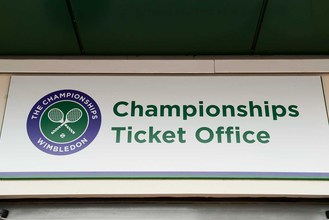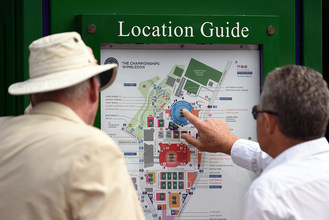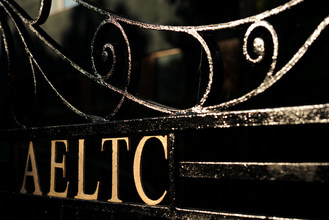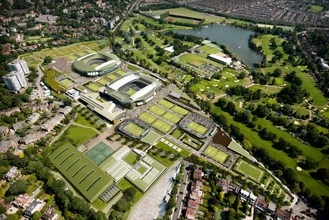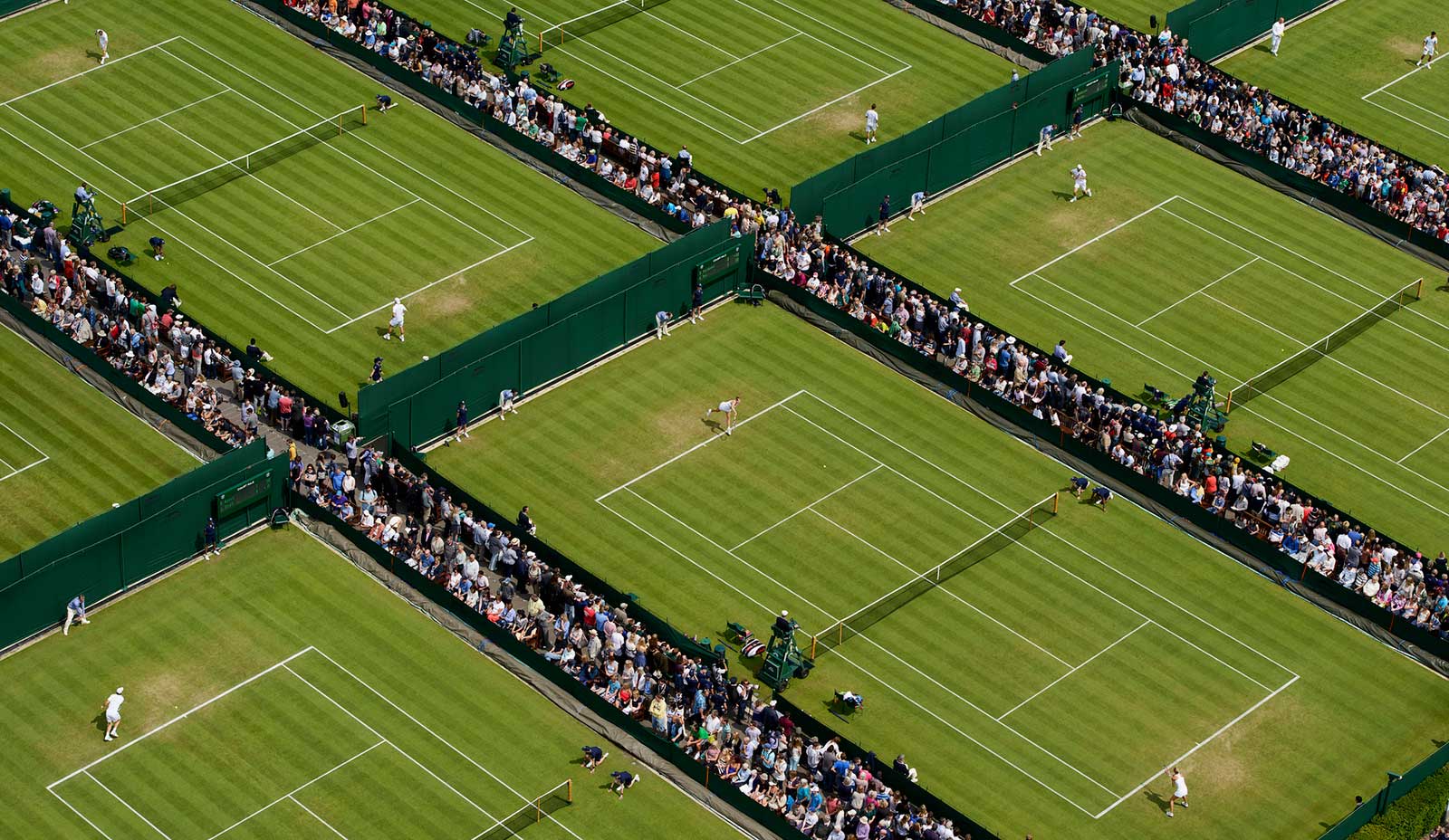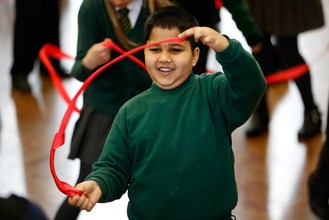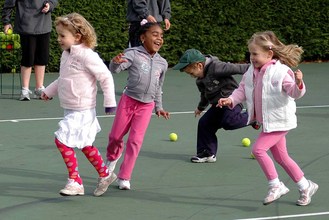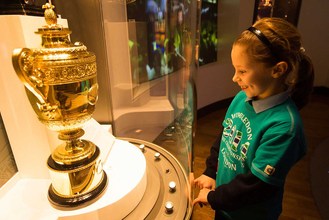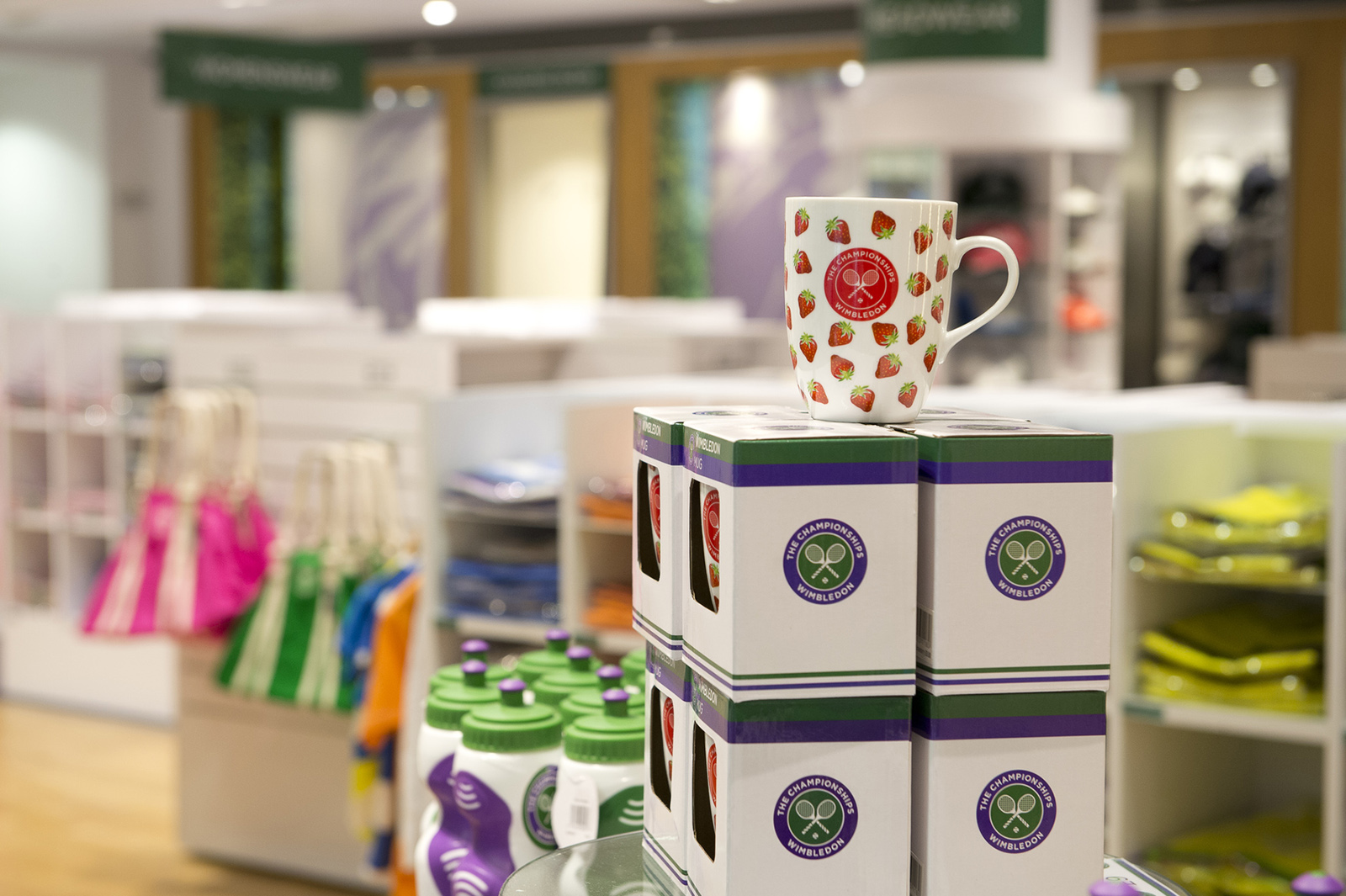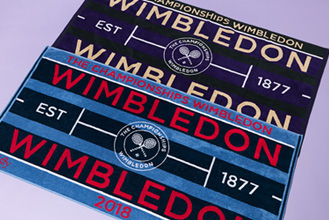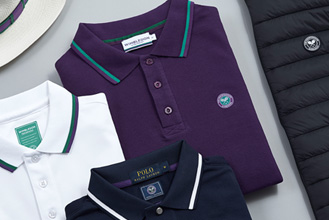Chris Lewis celebrates his 60th birthday this week, but the memories of the greatest fortnight of his career are as fresh as ever. The New Zealander was the world No.91 in 1983 when he became one of the most unlikely Gentlemen’s Singles finalists in the history of The Championships.
Lewis, who lost to John McEnroe in the final, always believed that he could make a major impact at the All England Club. “I decided when I was young that I wanted to become a professional tennis player and that Wimbledon was the place where I wanted to play my best tennis,” he told Wimbledon.com.
“I don’t think what I eventually achieved there was an accident because I had grown up with Wimbledon as my ultimate goal. Every year I played there I felt I had an extremely good chance of doing well. I grew up believing that it was somehow written in my destiny that it was a place where one day I would excel.”
As a boy Lewis played imaginary Wimbledon finals with his brother in the back yard and listened to radio coverage of matches from The Championships in the middle of the night.
“When I went to Britain for the first time the first thing I did was to drop my stuff off at my hotel and go straight to the All England Club,” he said. “I didn’t go to the Tower of London or Big Ben. The first place I wanted to visit was Wimbledon. I remember getting goose bumps just going through the gates.”
Lewis won the boys’ title at The Championships in 1975 but in his first six appearances in the senior event he never went beyond the third round. By his own admission he arrived at The Championships of 1983 having played poorly in the first half of the year.
In the first round Lewis faced a big-serving American, Steve Denton, who had beaten him in straight sets at Queen’s Club a fortnight earlier. However Lewis, always one of the fittest players on the tour, had responded to his bad run by working harder than ever and outlasted Denton to win 6-4, 4-6, 7-6, 4-6, 6-3.
“That match set the scene for the next couple of weeks,” said Lewis, who had an excellent record in five-set matches. “With that win under my belt my confidence was high.”
After brushing aside Brod Dyke, Lewis won another five-set marathon against a big hitter when he beat Mike Bauer 6-4, 3-6, 7-5, 6-7, 6-4. However, nerves got to him the night before he met Nigeria’s Nduka Odizor in the last 16.
“I was one match away from getting to the quarters and I was very aware of the significance of that match,” Lewis recalled. “I had a sleepless night before it. I ended up sleeping on the floor of the locker room for about an hour after my pre-match warm-up. I went down 0-40 in the first game but after that I played really well.”
Victories over Odizor and Mel Purcell set up a semi-final meeting with South Africa’s Kevin Curren. Another ferocious ball striker, Curren was a fine grass-court player who would go on two years later to beat Stefan Edberg, McEnroe and Jimmy Connors in successive rounds before losing to Boris Becker in the final. Lewis, nevertheless, remained confident.
“I felt that I had a game that Kevin didn’t enjoy facing because I was quick and I got that extra ball back,” he said.
Lewis went 0-3 down in the fifth set but recovered to win 6-7, 6-4, 7-6, 6-7, 8-6 to become the first unseeded player to reach the Gentlemen’s Singles final since Wilhelm Bungert in 1967. Lewis remembers looking up at his coach, Tony Roche, in his player box before his first match point. “It was a look that said: ‘Tony, this is for you’,” Lewis recalled. “I couldn’t have achieved what I did without Tony or Jeff Simpson, my work-out partner.”
By now Lewis had become a hugely popular figure with the public, “The lockers at Wimbledon were pretty deep but mine was jammed full of telegrams every day,” he recalled. “I coped OK with the fame thing. It probably helped that I came from a small country, because I had grown used to the feeling that I was almost public property back home.”
While Denton, the No.9 seed, had been the highest ranked opponent Lewis had faced en route to the final (Curren had knocked out Connors, the top seed, in the fourth round), McEnroe, the No.2 seed, had to beat Ivan Lendl in the semi-finals.
Two years younger than Lewis, McEnroe had already won 42 titles, including Wimbledon in 1981, but the New Zealander still believed he could beat him. “I felt that I had reached a point which had been a vision of mine to fulfil for 26 years,” Lewis said. “I’d won six matches in a row to get to the final, three of them in five sets against very good grass-court players, so I felt on top of the world.
“Of course I also knew that there would be a TV audience of hundreds of millions of people and that I was playing in one of the world’s greatest sporting occasions against one of the best players in the game’s grass-court history. But because John was such an anti-hero at the time I had a huge amount of public support.”
Lewis was the first man to reach a Grand Slam final playing with an oversized racket, but in the opening game of the final its frame cracked as he defended a fierce McEnroe forehand. He had used the same racket throughout his previous six matches and was unsettled by having to play with a different one thereafter, though he insists it had no effect on the eventual result. McEnroe won 6-2, 6-2, 6-2.
“You can only play as well as your opponent allows you to,” Lewis said. “And as was borne out when he did the same to Jimmy Connors in the final 12 months later, he was invincible on a court like that in those two years. He just had a game that was beyond anything that anybody was able to touch.”
Lewis retired from competition three years later, feeling that he had stopped improving. He made only two more appearances at The Championships, losing in the second round on both occasions.
“I still look back on that run in 1983 with enormous pride,” said Lewis, who now lives and coaches in California. “Of course I would have loved to have done well at the US Open, the Australian and the French, but Wimbledon was always the pinnacle for me. What I felt as a result of putting in all that effort over those years was indescribable.”

